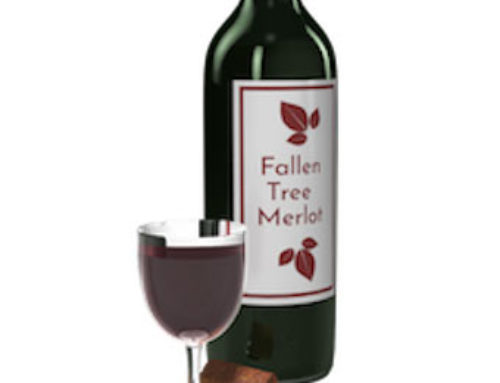WINDOW
On my way to Pennsylvania this morning to speak at a couple of conferences sponsored by the elder law firm, Marshall, Parker & Weber, I sat on the plane next to Lisa, a lovely woman whose mother has Alzheimer’s.
Recently her husband’s mother was diagnosed with dementia. After she experienced an acute medical crisis, Lisa’s husband picked his mom up at the hospital. Knowing that she was no longer capable of managing all of her own physical and financial affairs without help, he had planned to stop by the bank and have her sign the necessary paperwork so he could take over the management of her finances and make sure all of her bills got paid on time.
Once they were in the car, he called Lisa and said, “I think we’ll skip the bank for now. Mom’s pretty tired, and I don’t want to push her. I’m just going to take her straight home. ”
Since Lisa had learned a lot of lessons by caring for her own mother, she said, “You have an open window right now. I know she’s tired, but that window could slam shut any minute. If it closes on you, it will never open again. Take the time and do it now.”
Lisa’s husband had assumed his mother’s decline would be slow and that he’d have plenty of time to get her affairs in order, but that’s not the way it turned out. The window was open just a crack, and by taking care of things while she still had the mental capacity to accept his help and the physical ability to sign her name, they saved thousands of dollars in court fees and countless hassles.
Taking over the care of someone who is aging, chronically ill or disabled is difficult under the best of circumstances. Negotiating the court system while at the same time managing the physical care and emotional strain of being a caregiver is just more than anyone should have to deal with.
If you think there might be a need to update wills, trusts, durable powers of attorney and end-of-life documents, do it now. I know it takes some time, effort and money to put things in order, but if you do it now, while the window is still open, you may be less inclined to jump out of it when the situation deteriorates beyond the point of no return.




